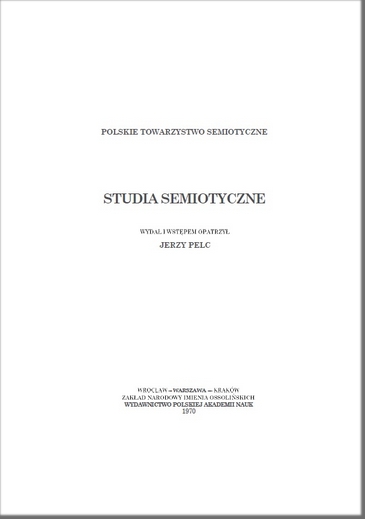Abstract
The aim of this paper is an attempt at presenting relations within the predicate or, to be more precise, the relations between the head of the predicate and its determiners in the G˜ık˜uy˜u language. As head, we take a verbum, which opens empty slots for slot-fillers. We tentatively assume that the slot-filler function in the adverbial position is primarily taken by an adverb (AD), and secondarily by any other part of speech, regardless of the semantic value of the verbum (transitive/intransitive). Practically, in the latter case, a slot-filler role will only be performed by a noun (N) because both a verb (V ) used as an object and an adjective (ADJ) move to the N category. Thus, the initial formula will be V T N/AD, where T expresses the interrelations of two (or more) elements of the predicate, i.e. the formal-grammatical or the categorical-semantic relations. Only such predicates in which the presence of both V and N or AD is presumed will be considered.

